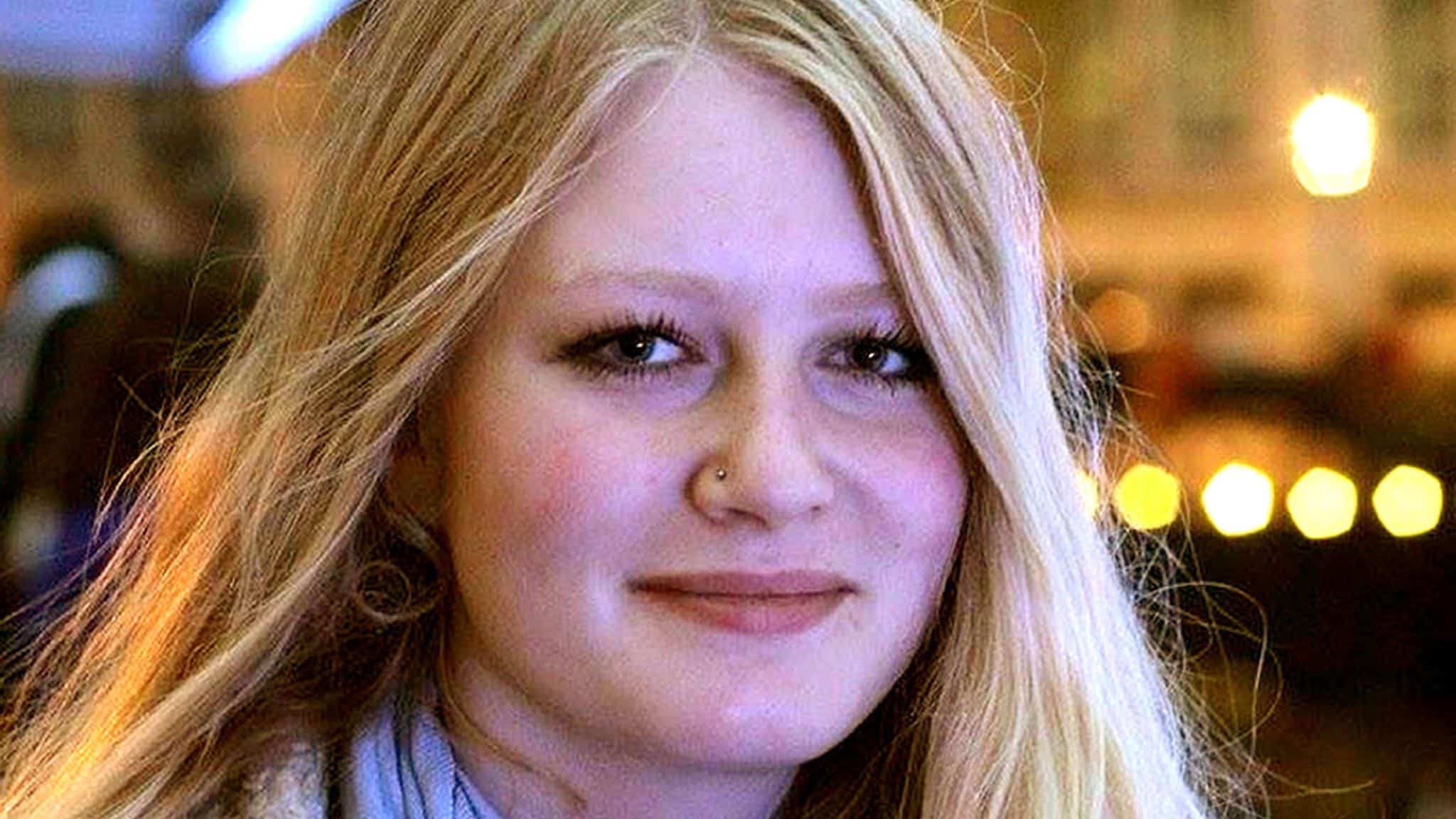In the autumn of 2017, the tragic disappearance and subsequent death of Gaia Pope, a vibrant and promising young woman, sent shockwaves through the community and captured national attention in the United Kingdom.
Gaia, who had epilepsy, went missing on 7 November 2017 from the seaside town of Swanage at a time when she feared a man who allegedly raped her was about to be released from prison and soon after being sent indecent images by another man, which relatives say triggered her post-traumatic stress disorder. Her body was found in undergrowth on a clifftop 11 days later after a flawed police search. She had died of hypothermia.
The subsequent inquest shed light on the circumstances surrounding her disappearance and the actions taken by the authorities.
Background: Gaia Pope, an 19-year-old aspiring artist and poet from Dorset, was reported missing on November 7, 2017. The extensive search for her spanned eleven days and involved hundreds of volunteers, police officers, and specialist search teams. Unfortunately, Gaia’s body was discovered on November 18, 2017, in a field near Swanage, Dorset. The discovery left her family, friends, and the wider community devastated.
The Inquest: The subsequent inquest into Gaia Pope’s death sought to determine the circumstances leading to her disappearance and the cause of her tragic death. It was conducted with the aim of uncovering any failures or shortcomings in the investigation, providing answers to her grieving family, and ensuring justice.
The outcome of the inquest revealed several key findings. It became apparent that Gaia had been suffering from mental health issues, which were not adequately recognised or addressed by the healthcare system. The inquest also highlighted potential failures in the police investigation, particularly in relation to the initial response to Gaia’s disappearance. The inquiry shed light on the fact that important information, including the discovery of her clothing, was not properly shared with the search teams. Furthermore, the response time in assessing Gaia’s vulnerability was deemed insufficient, raising concerns about the safeguarding of individuals in similar situations.
Pursuit of Justice: Following the inquest, efforts were made to hold those responsible accountable and ensure justice for Gaia Pope. The findings of the investigation prompted the Independent Office for Police Conduct (IOPC) to launch an inquiry into the actions of the police during the investigation. The aim was to determine whether there were any procedural failings or misconduct that contributed to the tragic outcome. Such initiatives are vital to maintain public trust and ensure that lessons are learned to prevent similar incidents in the future.
Lessons Learned: The case of Gaia Pope’s disappearance and subsequent death holds important lessons for various stakeholders. Firstly, the healthcare system must prioritise the identification and support of individuals struggling with mental health issues. Improved communication and collaboration between healthcare professionals, social services, and the police are essential to ensure timely and appropriate interventions.
Secondly, the police force must continually assess and refine their procedures for missing person cases, especially when vulnerable individuals are involved. The importance of effective information sharing, swift response times, and appropriate risk assessments cannot be overstated. It is crucial to empower officers with the necessary training and resources to handle such cases effectively, ensuring that vulnerable individuals receive the protection they need.
Additionally, the case of Gaia Pope underscores the significance of community engagement and volunteerism during missing person searches. The dedication and tireless efforts of volunteers were instrumental in the search for Gaia. Encouraging and supporting community involvement in such cases can greatly enhance the chances of a successful outcome.
The police did the PR bit but as The Guardian explores below not a lot else.
The outcome of Gaia Pope’s inquest served as a somber reminder of the need for continuous improvement in mental health support, police procedures, and inter-agency collaboration. The tragic loss of Gaia highlighted the profound impact of failure in these areas and emphasized the importance of accountability, justice, and the safeguarding of vulnerable individuals. It is essential that the lessons learned from this case are implemented to prevent future.
And yet 12 months on and virtually nothing has been done to respond to the coroner’s recommendations. The Preventing Future Deaths Report (PFD) has been almost entirely ignored by Dorset police and other agencies.
As The Guardian report, the family are not able to recover whilst the government and the police sit on their hands and ignore the toxicity embedded in both of them.
If you are angry too please drop the Dorset PCC a message. If not for you then for a family still grieving.
Penny Lane
Join us in helping to bring reality and decency back by SUBSCRIBING to our Youtube channel: https://www.youtube.com/channel/UCQ1Ll1ylCg8U19AhNl-NoTg and SUPPORTING US where you can: Award Winning Independent Citizen Media Needs Your Help. PLEASE SUPPORT US FOR JUST £2 A MONTH https://dorseteye.com/donate/












